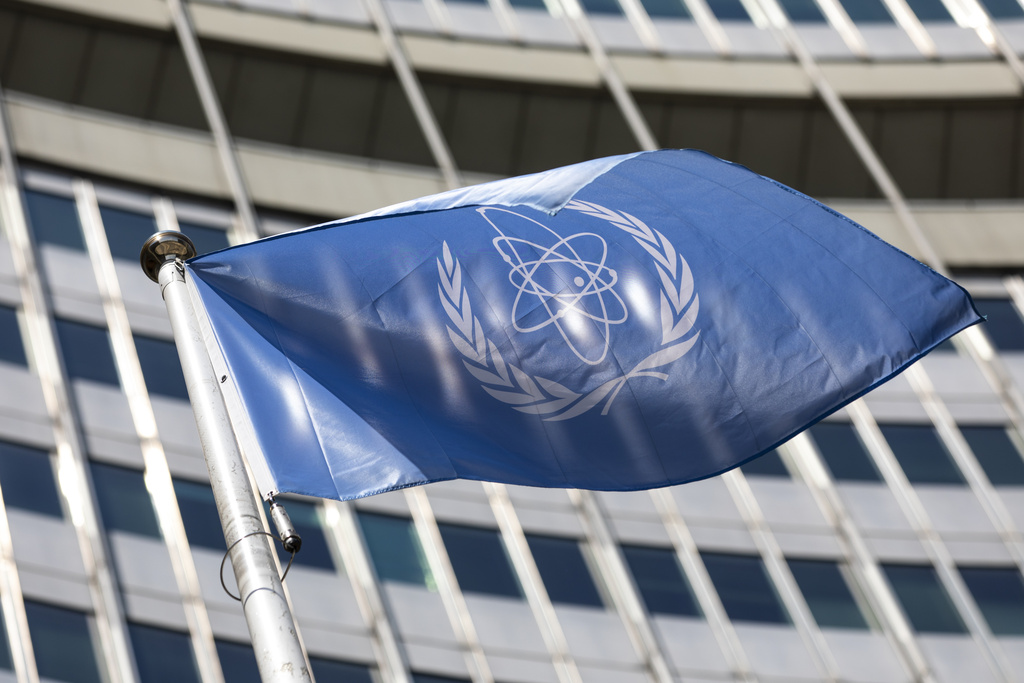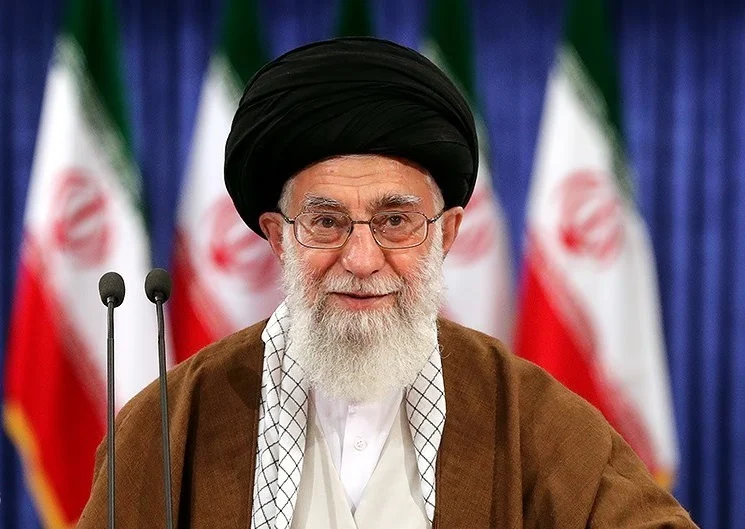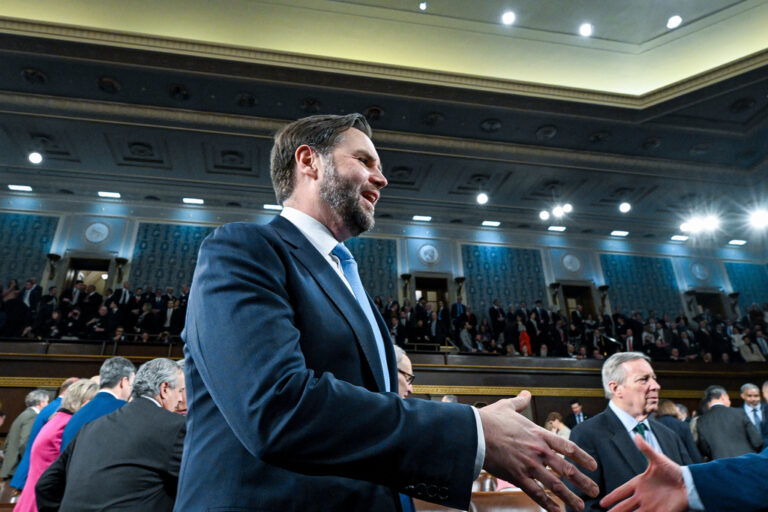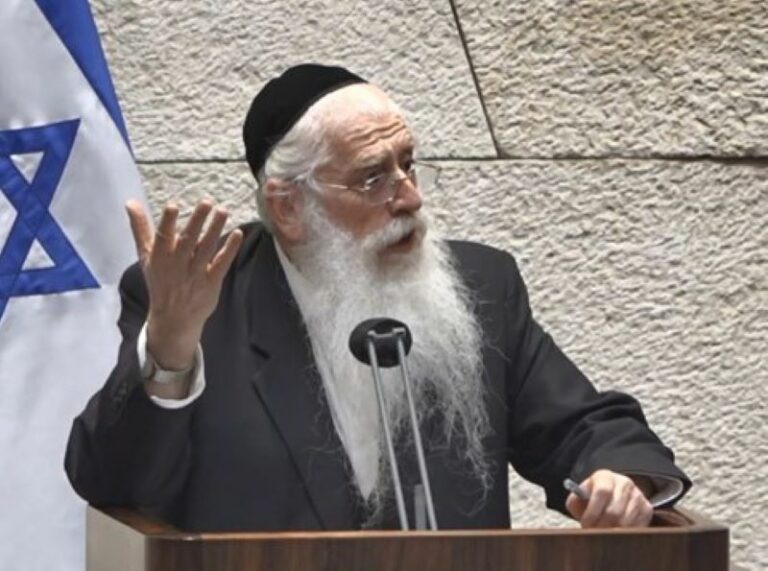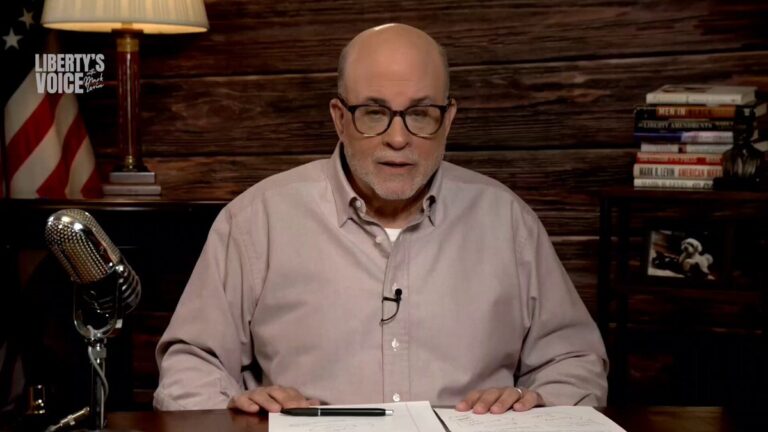Representatives of three European countries threatening to reimpose U.N. sanctions on Iran over its nuclear program failed to agree with their Iranian counterpart Tuesday on how to avoid the measures days ahead of a deadline, a diplomat said.
The talks in Geneva among representatives of Britain, France and Germany — known as the E3 — and Iran “ended without a final outcome,” said the diplomat with knowledge of the meeting, speaking on condition of anonymity because they were not authorized to speak publicly about the sensitive discussions.
The diplomat said efforts would continue to search for a solution ahead of an E3 deadline at the end of this month to invoke the so-called “snapback mechanism” of the 2015 Iran nuclear deal over what the countries have deemed Iran’s lack of compliance.
The snapback would mean a return to wide-ranging U.N. sanctions in place before the deal, including a conventional arms embargo, restrictions on ballistic missile development, asset freezes, travel bans and a ban on producing nuclear-related technology.
The meeting among the E3 and Iran was announced by the Iranian Foreign Ministry on Monday. The talks follow a previous meeting between the Europeans and Iran in Istanbul on July 25.
Kazem Gharibabadi, Iran’s deputy foreign minister for legal and international affairs, said on X that Tehran “remains committed to diplomacy” and that it was “high time” for the European countries “to make the right choice, and give diplomacy time and space.”
The Europeans’ concern over the Iranian nuclear program, which had been enriching uranium to near weapons-grade levels before the 12-day Iran-Israel war in June saw its atomic sites bombed, has only grown since Tehran cut off all cooperation with the International Atomic Energy Agency in the conflict’s wake.
That has left the international community further blinded to Iran’s program — as well as the status of its stockpile of uranium enriched to 60% purity, a short, technical step to weapons-grade levels of 90%.
Iran has long insisted its program is peaceful, though it is the only non-nuclear-armed nation enriching uranium at that level. The U.S., the IAEA and others say Iran had a nuclear weapons program up until 2003.
The Europeans agreed with the U.S. earlier this year to set an end-of-August deadline for invoking the mechanism if Iran fails to meet several conditions, including resuming negotiations with the U.S. over its nuclear program, allowing U.N. nuclear inspectors access to its nuclear sites and accounting for the over 400 kilograms of highly enriched uranium.
The snapback provision of the 2015 Iran nuclear deal can be invoked by any party if they find Iran out of compliance with requirements. Its purpose is to swiftly reimpose all pre-deal sanctions without being vetoed by U.N. Security Council members, including permanent members Russia and China.
The E3 countries feel an urgency to use the snapback because it expires on Oct. 18 unless the U.N. Security Council extends it. On Sunday, Russia proposed a draft resolution to delay the expiration until next spring, in what would buy some time for Iran.
The Russians said the move recognizes “the necessity of allowing additional time for negotiations on this matter,″ and it urges all initial participants of the nuclear deal to resume negotiations.
However, it is unlikely the Russian effort will receive enough support in the 15-member council to pass because it lacks an explicit mention of the conditions that the European countries have outlined for Iran to meet.
Iran contends there is no legal basis for the Europeans to reimpose U.N. sanctions via snapback, claiming the countries failed to uphold the 2015 Iran nuclear deal after the U.S. exit in 2018, especially ensuring the anticipated economic benefits for Iran.
In an effort to ensure Iran could not develop atomic weapons, world powers struck a deal with Tehran in 2015 under which it agreed to limit enrichment of uranium to levels necessary for nuclear power in exchange for the lifting of economic sanctions. U.N. inspectors were tasked with monitoring the program.
Under the original nuclear deal, Iran was allowed to enrich uranium only up to 3.67% purity, can maintain a stockpile of uranium of 300 kilograms and is permitted to use only very basic IR-1 centrifuges — machines that spin uranium gas at high speed for enrichment purposes.
(AP)

